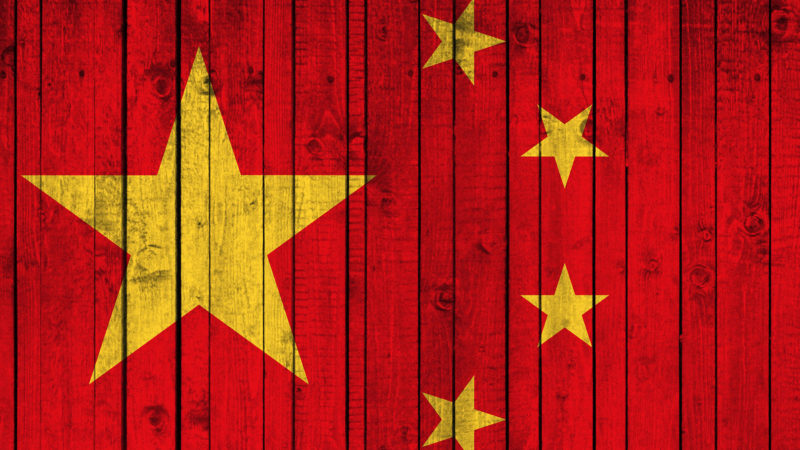
At a conference in San Francisco on Monday, Google CEO Sundar Pichai for the first time discussed the existence of censored search engine for the Chinese market. The news of the project was originally reported by The Intercept in August.
Previously leaked details of the project, code-named “Project Dragonfly,” have focused on the how the tool would censor content deemed offensive by the Chinese government (e.g., queries about “human rights”). An internal memo generated by Google employees also reportedly explained that Chinese users would be closely tracked and that the Chinese government would have complete access to their data: “The memo, authored by a Google engineer who was asked to work on the project, disclosed that the search system, code-named Dragonfly, would require users to log in to perform searches, track their location — and share the resulting history with a Chinese partner who would have ‘unilateral access’ to the data.”
Google quit China in 2010 after Gmail was hacked by Chinese government-affiliated individuals or groups. Since then, however, executives at Google have been contemplating when and how to return to the world’s largest internet market.
During his on-stage interview Pichai focused on the “positive” aspects of Project Dragonfly, and said that it would provide better information to Chinese users and that the company would be able to “serve well over 99 percent of queries.”
Following the earlier reports, Project Dragonfly has become highly controversial within Google, causing more than 1,000 employees to sign a letter or internal petition questioning the decision to develop the search engine. According to the New York Times: “In the letter, which was obtained by The New York Times, employees wrote that the project and Google’s apparent willingness to abide by China’s censorship requirements ‘raise urgent moral and ethical issues’.”
There have also been employee resignations over the project.
One Google researcher, Jack Poulson, stated that he believed it was his “ethical responsibility to resign in protest of the forfeiture of our public human rights commitments.” He also charged that Project Dragonfly was a violation of Google’s earlier AI manifesto, which pledges not to use or develop “technologies whose purpose contravenes widely accepted principles of international law and human rights.”
In his defense of the project, Pichai told Wired, “We wanted to learn what it would look like if we were in China . . . Given how important the market is and how many users there are we feel obliged to think hard about this problem and take a longer-term view.”
China has more than 800 million internet users, according to the China Internet Network Information Center. Those kinds of numbers make it a market that is nearly impossible for public companies resist despite the profound moral and ethical implications of becoming an instrument of Chinese government surveillance.